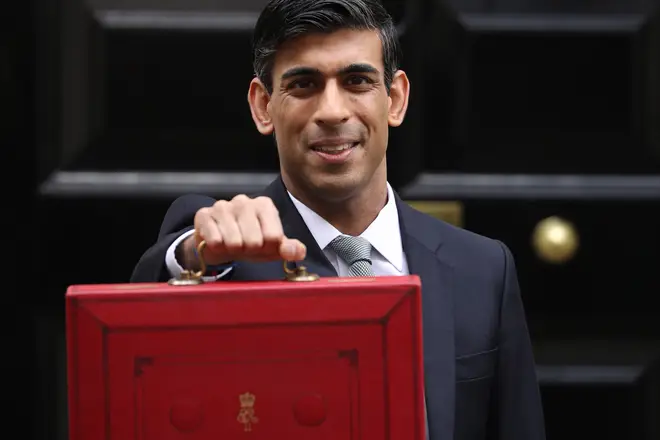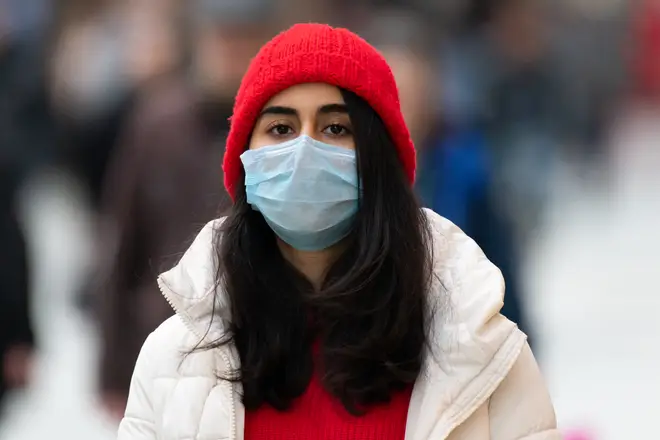
Ian Payne 4am - 7am
11 March 2020, 19:01 | Updated: 15 June 2020, 15:27

Chancellor Rishi Sunak has told Britons fearful of the impact of the global coronavirus outbreak: "We will get through this together."
As he unveiled his budget to MPs in the House of Commons, Mr Sunak - who has only been in the job for 27 days - stressed the government is "doing everything we can" to keep the UK "healthy and financially secure".
Mr Sunak warned of "temporary disruption" to the UK economy due to COVID-19 and admitted many Britons would be worrying about their health, finances and the future of their businesses.
But what exactly is the chancellor promising to do, and will it go far enough?
Mr Sunak has pledged that the NHS will get "whatever resources it needs" to cope with the coronavirus outbreak.
He has set aside a £5 billion emergency response fund to support the NHS and other public services.
Due to the outbreak costs - the NHS has already recruited extra staff for its 111 phone services - the service has been predicted to increase dramatically with the extra pressure on its services.
UK employees have already started to get statutory sick pay from the first day off work, to help contain coronavirus.
However, the money was not accessible to those self-employed which has raised concerns for those who may have struggled to make ends meet. There were additional fears that workers on zero-hours contracts may risk going into work.
Today, Mr. Sunak announced that statutory sick pay will be available for "all those who are advised to self-isolate" even if they have not displayed symptoms.
Those on contributory employment and support allowance will be able to claim from day one instead of day eight to make sure that time spent off work due to sickness is reflected in their benefits.
The minimum income floor in Universal Credit has also been removed.

Concerns for small businesses have been raised during the coronavirus outbreak because they are vulnerable to sudden loss trade and a reduction in their workforce.
The Government will meet the cost for businesses with fewer than 250 employees of providing statutory sick pay to those off work due to coronavirus.
A "temporary coronavirus business interruption loan scheme" will be introduced for banks to offer loans of up to £1.2 million to support small and medium-sized businesses.
VAT is a tax added to some goods and services, and currently stands at 20% for most items it applies to. Experts worried that the outbreak would impact consumers and trade.
Today, the Chancellor announced that the tampon tax would be abolished.
He also revealed he is abolishing VAT on books, newspapers, magazines and academic journals from December 1, in time for Christmas.
It's argued that a cut in the tax "would have limited effect" if shoppers are determined to avoid the High Street.